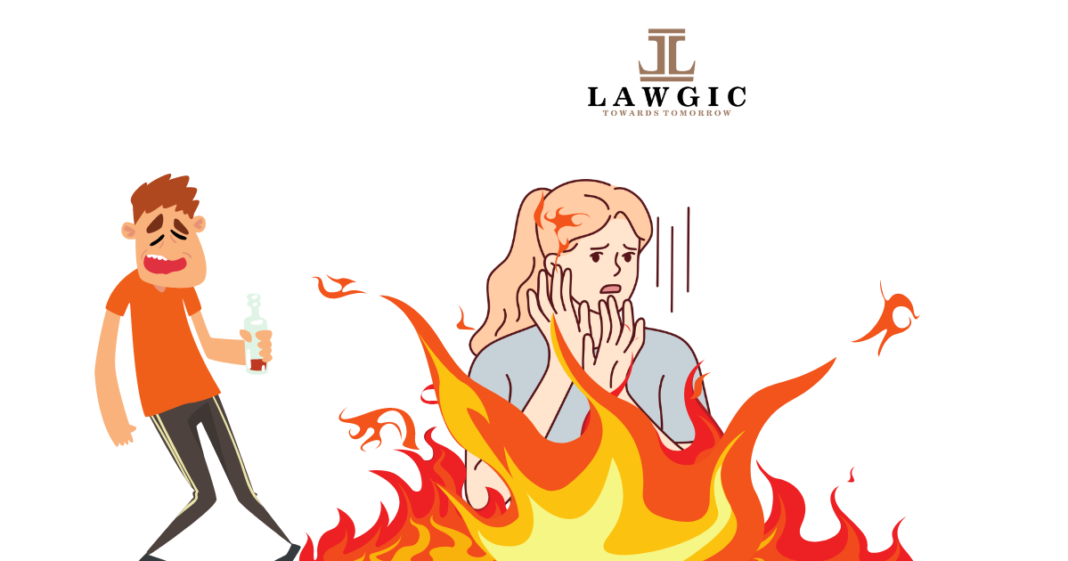Case Title: Manish Kumar Das @ Raja vs. The State of Assam & Anr.
A Division Bench of Justice Michael Zothankhuma and Justice Parthivjyoti Saikia upheld the conviction of a person, who was found guilty of the murder of his wife on the basis of her dying declaration.
The prosecution story of the case is that deceased was set on fire by the appellant after pouring kerosene oil on her. Further on the basis of the investigation, a case was made out against the appellant under section 304B and 302 of IPC and charge-sheet was filed.
The learned Amicus Curie B. Sharma stated that the statement of the deceased daughter of the informant under section 164 CRPC is inadmissible as she was not examined and there was no eyewitness.
The evidence of PW-7 Dr. Somser Ali, Senior Medical & Health Officer at Goalpara Civil Hospital, stated that he recorded the dying declaration of the deceased, which is to the effect that the deceased had stated, that the appellant who was under the influence of alcohol beat her and set her on fire, after pouring kerosene on her body.
The Court observed that the IO interrogated and recorded the statement of the deceased after making prayer before the doctor to record the dying declaration of the deceased. Thereafter the doctor recorded the dying declaration of the deceased. Therafter court also noted that the doctor, who performed post-mortem, said that the patient having an injury of such a nature may talk for a certain period before death.
After relying upon Mehiboobsab Abbasabi Nadaf vs State of Karnataka, reported in (2007) 13 SCC 112, the court held that “However, before it can be acted upon, the same must be held to have been rendered voluntarily and truthfully. Consistency in the dying declaration is the relevant factor for placing full reliance thereupon.
Further, in view of the complete denial and silence on the part of the appellant, with regard to the questions put to him under Section 313 Cr.P.C., this Court is of the view that an adverse inference can be drawn against the appellant that he was guilty of the offence under Section 302 IPC, besides keeping in view the fact that the dying declaration of the deceased inspires the confidence of this Court. We are also of the view that dying declaration of the deceased was correctly recorded by the PW-7 Dr. Somser Ali.”
Story Update By: Ms. Sai Sushmitha, Correspondent at Lawgic.
Edited By: Ms. Nandini Nair, Content-Head at Lawgic.


